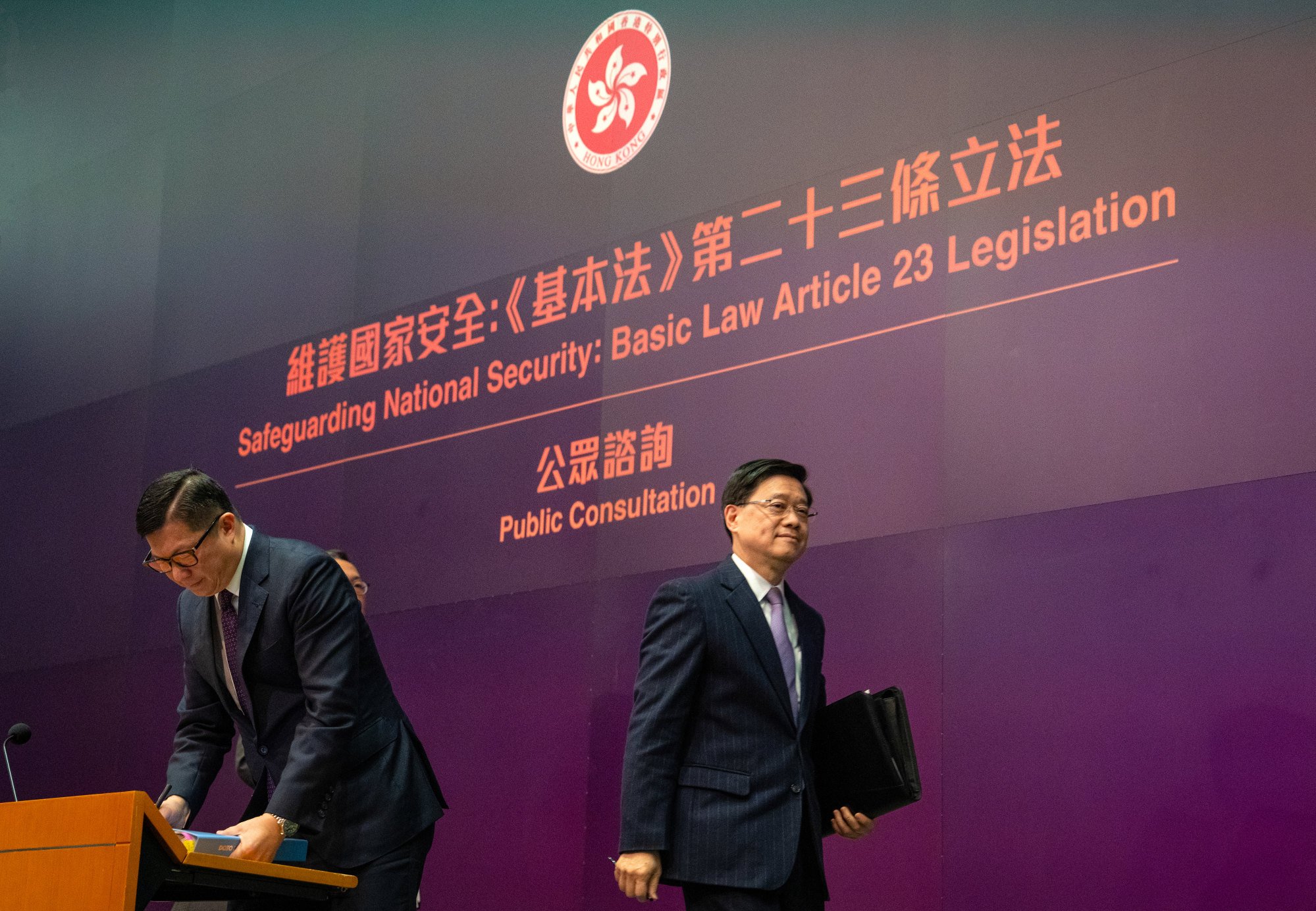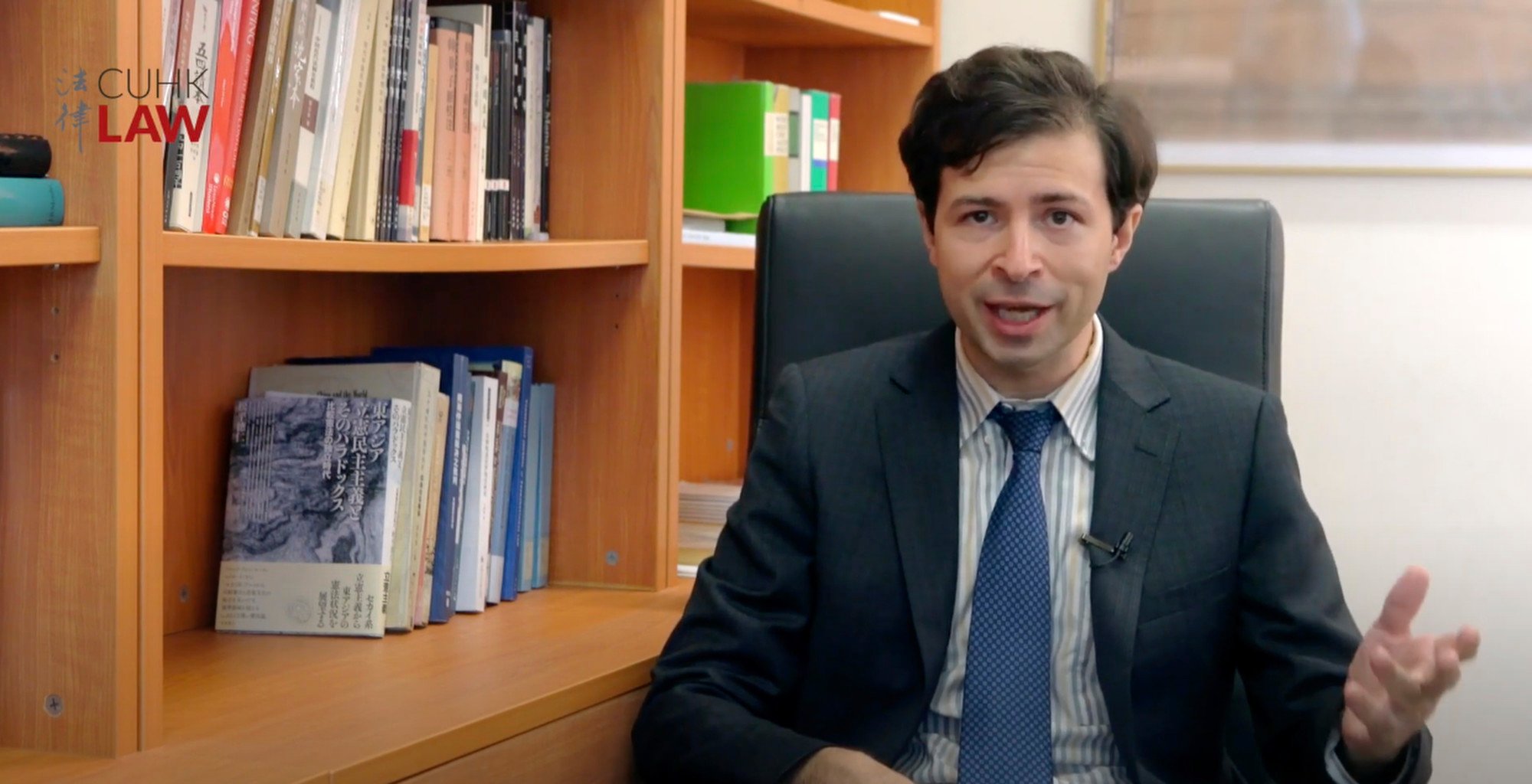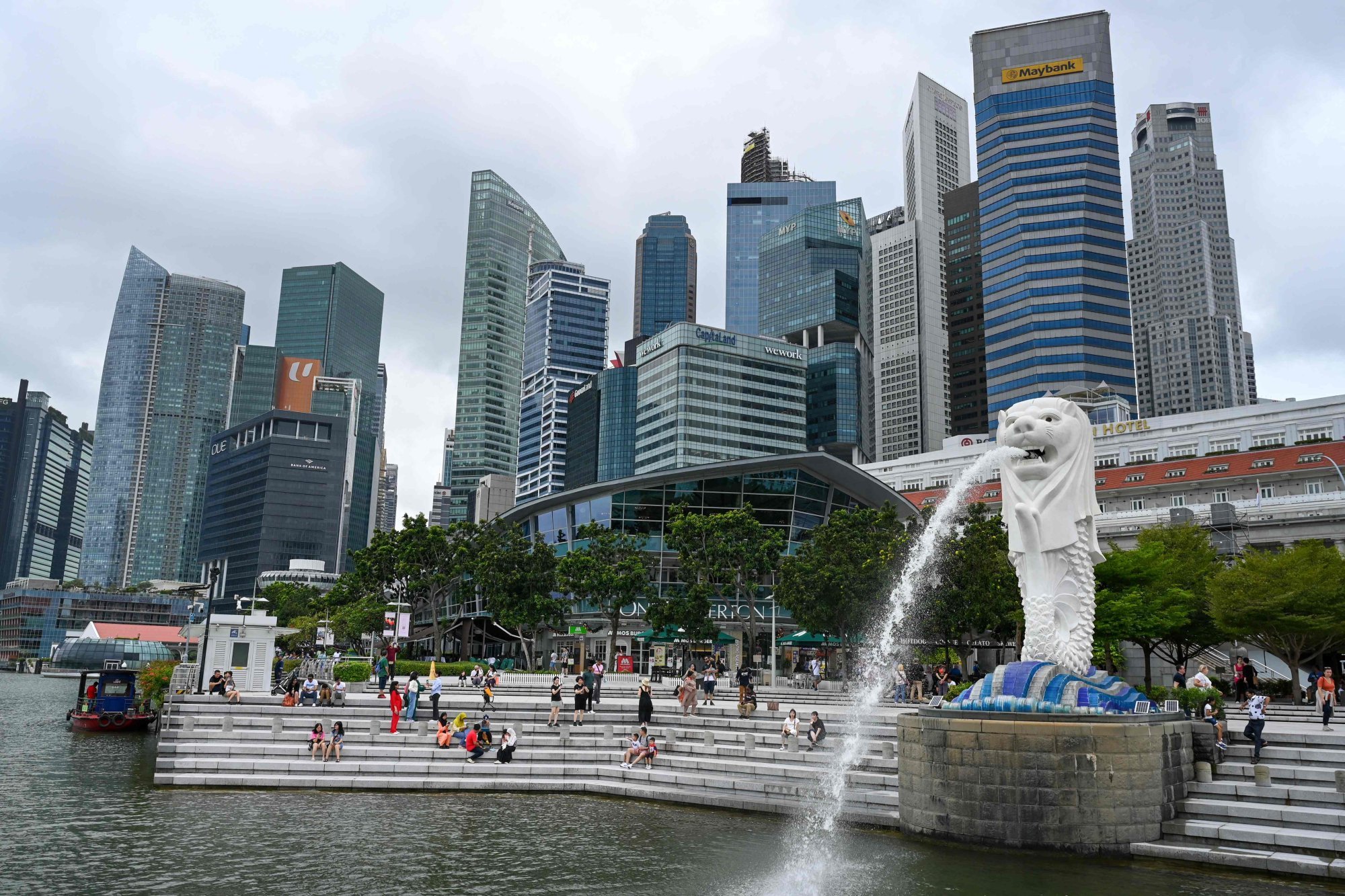
‘Avoid these negative examples’: legal experts say overseas national security laws referenced for Hong Kong’s Article 23 are ‘overbroad’
- Consultation paper on city’s coming legislation cites 22 national security-related laws in different countries
- ‘There are questions about how effective, reasonable, and fair the overseas laws cited may themselves be,’ Singapore political scientist Chong Ja Ian says
Certain overseas national security-related laws referenced by the Hong Kong government in a proposal for the city’s Article 23 legislation are considered “overbroad” and “excessive” in their home countries, legal and political science experts have warned, saying authorities should avoid these “negative examples”.
The scholars said that while “legislative borrowing” was a common practice, it was important to have independent courts that served as gatekeepers to ensure individuals accused of national security crimes were treated fairly, as evident in some foreign jurisdictions.
The government released a 110-page consultation paper on Tuesday for its second bid in 21 years to legislate Article 23 of the Basic Law, the city’s mini-constitution, focusing on five targeted activities.

In the proposal for the Hong Kong’s domestic national security law, authorities suggested putting five types of new crimes on the books and making 14 changes to existing laws, which city leader John Lee Ka-chiu said would be based on references to other countries, but would not directly copy them.
He added many jurisdictions had their own legislation based on security needs, pointing to the United States, the United Kingdom, Canada and Singapore, which had 21, 14, nine and six such laws, respectively.
The Post took a closer look at the consultation paper, which made references to 22 national security-related laws in different countries throughout its nine chapters.
In a chapter on sabotage-related crimes, Hong Kong authorities cited the UK’s Computer Misuse Act of 1990 when explaining the need to create a new offence to target acts related to a computer or electronic system without lawful authority and that could endanger national security.
It said the local bill could reference the UK legislation which forbade anyone from committing an unauthorised act in relation to a computer with the intent to harm or damage national security.
Ryan Mitchell, an associate professor of law at the Chinese University of Hong Kong, said the UK act mentioned as a point of reference was “justly criticised as ambiguous and overbroad in scope, potentially covering a vast range of actions and intentions”.
“Hopefully the final version of this offence under Hong Kong’s legislation will be aimed at acts posing clearly defined, cybersecurity threats,” he said.

Mitchell added that there was always a balance between providing specific statutory definitions of terms versus allowing their meaning to develop progressively over time.
“While that is perfectly normal, greater specificity prevents the situation of uncertainty as to the content of the law,” he said.
But the city’s former prosecution director Grenville Cross said he could not foresee any particular issues with the proposed new offence, as the UK version had not been problematic in practice in the country.
He added that the Hong Kong proposal was clear on its application, stating that the “act” had to be unauthorised and committed with the intention to steal classified national security information.
“The test is one of whether, in the circumstances, the computer misuse endangers national security, and this is not, I feel sure, hard for people to comprehend,” he said.
Political scientist Chong Ja Ian noted that one of the laws cited in the consultation paper was Singapore’s pre-independence Internal Security Act, which it inherited from Malaysia.
Chong, an associate professor of political science at the National University of Singapore, said the act itself succeeded two colonial-era ordinances meant to maintain British colonial rule, and used to detain alleged leftists, communists and their suspected sympathisers without trial.
The legislation in Singapore has been used to detain suspected terrorists and spies, while Malaysia repealed it in 2012.
“There are questions about how effective, reasonable and fair the overseas laws cited may be. They could be excessive too,” Chong said.
“There is also the issue of whether Hong Kong’s context today has equivalent or comparable levels of judicial and legislative oversight or review.”
Authorities also outlined plans in the consultation paper to plug what they called inadequacies in handling national security cases, such as extending the detention period of arrestees to allow more time for a police investigation.

The Singaporean act empowered its president to approve detaining arrestees without charge for up to two years, as a means to prevent individuals from impairing national security, according to the paper.
Authorities cited the UK National Security Act 2023 in the opening chapter, saying the British government decided not to define “national security” despite a parliamentary committee’s call, as specifying the term would risk creating loopholes which could be exploited by hostile actors.
The paper also mentioned US laws a few times, saying the maximum penalty for treason was death, and offenders of treason, rebellion or insurrection were banned from holding public office for life.
It also said the city might consider referring to US laws which allowed passports of absconders to be cancelled and rights suspended if they were wanted on a criminal charge or a court order had been issued to ban them from fleeing the country.
Simon Young Ngai-man, a law professor at the University of Hong Kong, said this kind of “legislative borrowing” was normal for common law jurisdictions, but it should only be a starting point to inspire ideas before customising local laws to suit Hong Kong’s needs.
Young said the Article 23 proposal seemed to have taken a lot from older and contemporary UK security laws.
“In this way, we haven’t managed to throw off our colonial chains,” he said.
He agreed that the UK’s National Security Act was “very comprehensive and certainly helpful” for Hong Kong, but also pointed out it remained untested as it is was still new.
Thomas Kellogg, executive director of the Centre for Asian Law at Georgetown University in the US, said the issue with referencing American and UK laws was that the Hong Kong government had not taken into account the role of the constitution and courts.
“To be sure, the US has had its own problems with misuse or even abuse of national security laws, and the Hong Kong government should learn from those negative examples,” he said.
“That said, if and when the US government seeks to excessively stretch its powers under US laws, the courts can push back, and apply constitutional rights protections to make sure that individuals accused of national security crimes are treated fairly.”
Additional reporting by Sammy Heung

